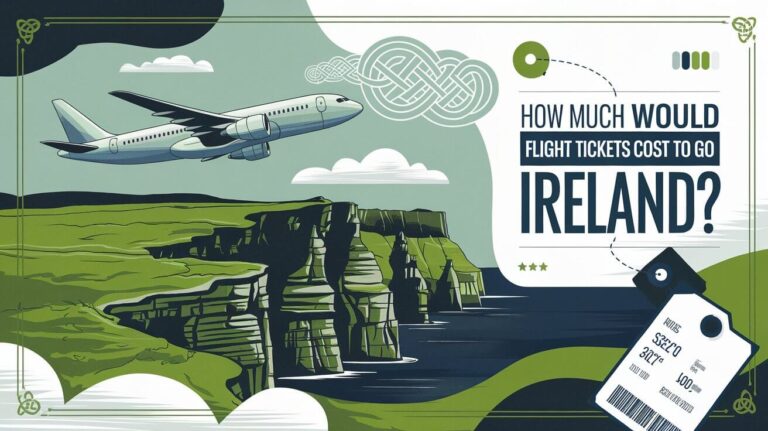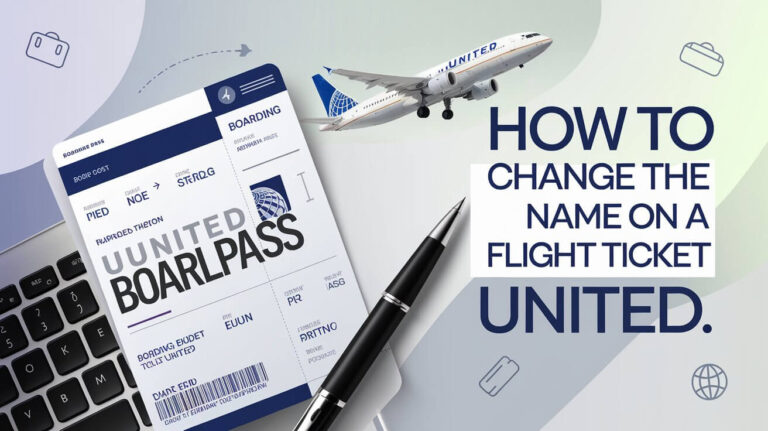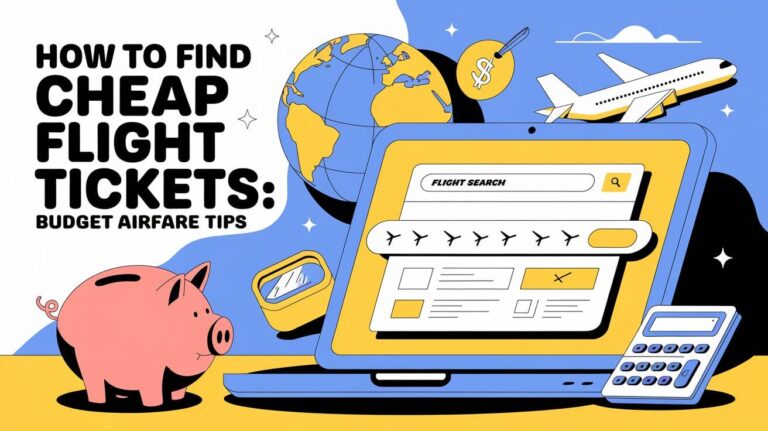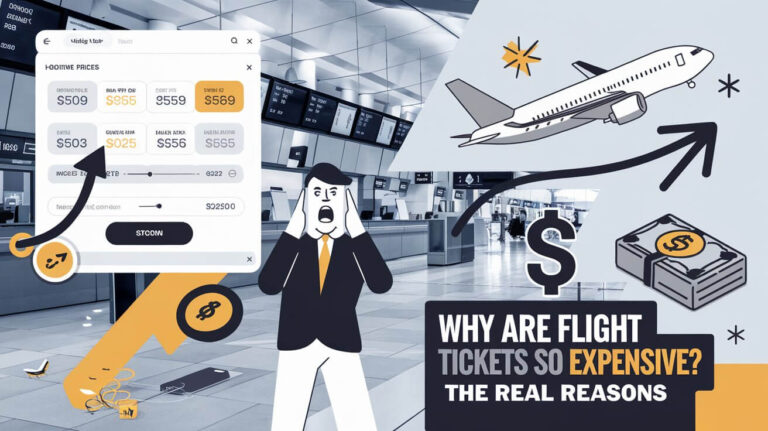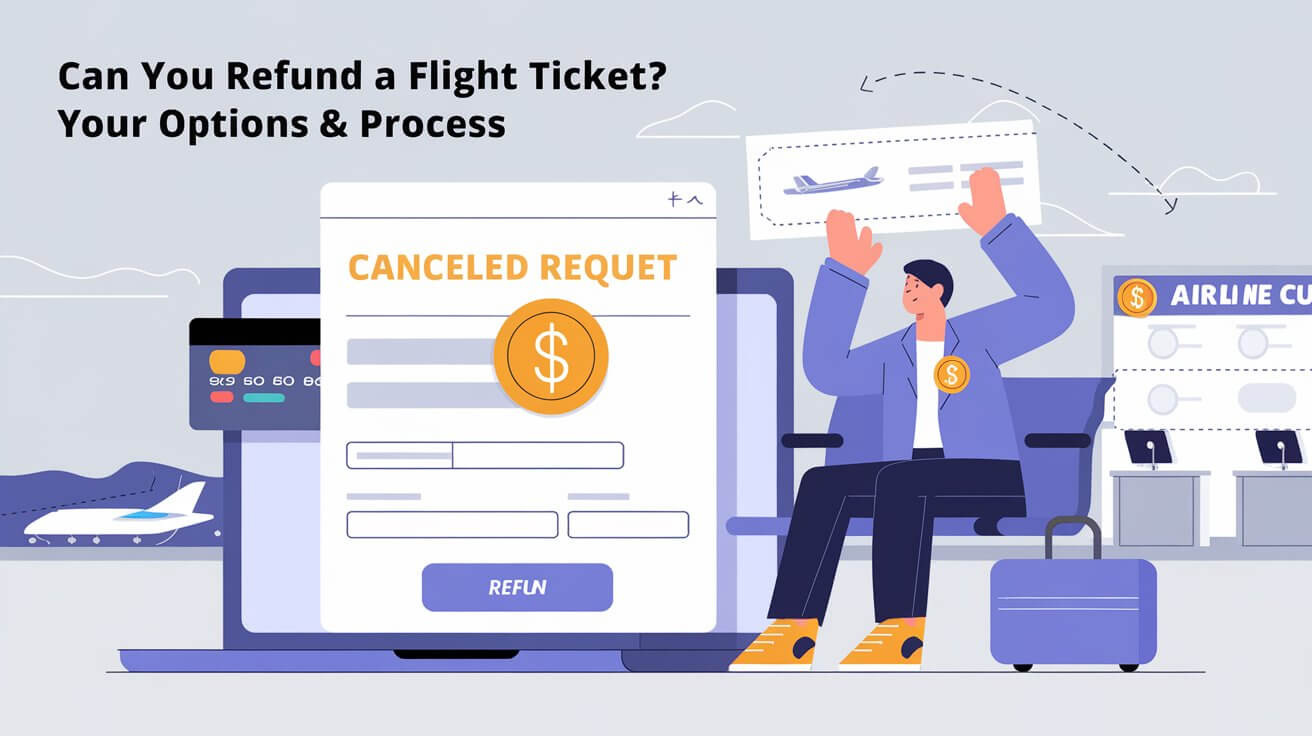
Having a solid grasp of airline refund policies and passenger rights is essential for effectively managing flight ticket refunds. The U.S. Department of Transportation says airlines must give a full refund for tickets canceled within 24 hours of booking. They also allow travelers to hold a ticket for 24 hours without paying.
This rule shows how important it is to know your options for refunds. Passengers can get back the costs of taxes and fees when they cancel their flight. These fees can be up to 70% of the ticket price. So, it’s vital to check the airline’s refund policy before buying a ticket.
In the U.S., the rules for refunds can change a lot depending on the airline and the ticket type. A fully refundable ticket can cost up to twice as much as a non-refundable one. If you cancel a ticket within 24 hours, you get a full refund, even for non-refundable tickets.
This shows how flexible airline refund policies can be. The 24-hour cancellation policy means you can get a full refund to your original payment method if canceled within 24 hours of purchase. This highlights the need to understand passenger rights and airline refund policies to make smart choices when booking a flight.
Flight Ticket Refund Eligibility Basics
Knowing about flight ticket refund eligibility is key for travelers. Refundable tickets let you cancel or change flights without extra fees. But, they cost more. Non-refundable tickets are cheaper but have strict rules for changes.
Airline policies greatly affect refund eligibility. Cancellation rules can be tricky. It’s important to know your ticket’s terms before you book.
Airline policy is a big factor in refunds. Cancellation rules can be complex. Refundable tickets are 10-30% pricier than non-refundable ones, showing their flexibility.
About 76% of U.S. airlines have dropped change fees for non-refundable tickets. This makes travel more flexible for people.
Essential Factors to Consider for Refund Eligibility
- Refundable tickets offer flexibility but are more expensive
- Non-refundable tickets are cheaper but have strict cancellation policies
- Airline policies and cancellation rules can vary significantly
- Understanding the terms and conditions of your ticket is essential
Refund eligibility depends on ticket type and airline policy. Cancellation rules can be complex. Knowing them helps avoid problems.
Refundable tickets offer more flexibility but cost more. Non-refundable tickets are cheaper but have strict rules. Always check your ticket’s terms before booking for a smooth trip.
Common Reasons Airlines Accept Refund Requests
Airlines will give refunds for several reasons. This includes when flights are canceled or changed a lot. They also give refunds if you’re sick or have a medical emergency.
Some common scenarios where airlines accept refund requests include:
- Flight cancellations: If your flight is canceled, you may be entitled to a full refund, if the cancellation is less than 14 days before departure.
- Schedule changes: If your flight schedule is significantly changed, you may be eligible for a refund. This is true if the change is made with less than 7 days’ notice.
- Passenger illness: If you or a family member falls ill, you may be able to request a refund or change your flight. This depends on the airline’s policy.
Airlines like American Airlines, Delta Airlines, and United Airlines have rules for refund requests. These rules cover cancellations, schedule changes, and passenger illness. It’s important to know your airline’s policy and your rights as a passenger.
| Airline | Refund Policy |
|---|---|
| American Airlines | Full refund for cancellations made less than 14 days before departure |
| Delta Airlines | Full refund for schedule changes made with less than 7 days’ notice |
| United Airlines | Refund or change of flight due to passenger illness, depending on policy |
Types of Refunds Available
When a flight is canceled or a passenger needs to change their travel plans, they may get a refund. Airlines offer different refunds, like a full refund, airline credit, or a voucher system. A full refund gives back the whole ticket price. An airline credit can be used for future flights. A voucher is for a certain amount to use on a future flight.
Airline refund policies vary, but most offer both refundable and non-refundable options. For example, Delta Air Lines and American Airlines have different fees for non-refundable tickets. If you have a non-refundable ticket, you might not get a refund. But, you can use the ticket value for a future flight with the same airline.
Refund Options
- Full refund: returns the entire ticket price to the passenger
- Airline credit: can be used towards future flights
- Voucher system: provides a voucher for a specific amount that can be redeemed on a future flight
In some cases, passengers might get a full refund, even with a non-refundable ticket. For instance, if a flight is delayed by more than 3 hours for domestic flights or 4 hours for international flights, you might get a full refund. Airlines must refund within 7 business days for credit card payments and 20 days for checks or cash.
Documentation Required for Flight Ticket Refunds
To get a refund for a flight ticket, you need certain documents. These include booking confirmations, identity documents, and proof of payment. Airlines use these to check who you are and the flight details.
The documents needed can change based on the airline and why you’re asking for a refund. But, here are some common ones:
- Booking confirmation: This proves you booked the flight. It has the flight number, dates, and your name.
- Identity documents: You might need a valid ID like a passport or driver’s license to prove who you are.
- Proof of payment: This shows you paid for the ticket. It could be a receipt or a credit card statement.
It’s important to keep these documents safe and ready if you need a refund. By providing the right documents, you make the refund process easier and faster.
| Document | Description |
|---|---|
| Booking confirmation | Proof of flight booking, including flight number, departure and arrival dates, and passenger names |
| Identity documents | Valid government-issued ID, such as a passport or driver’s license |
| Proof of payment | Receipt or credit card statement showing payment for the flight ticket |
Timeframes for Refund Processing
Understanding refund processing times is key. The time it takes can change based on how you paid and the airline’s rules. For example, credit card refunds usually take 7-10 business days, as the U.S. Department of Transportation requires. Bank transfers might take longer, though.
Some airlines, like Alaska Airlines, can refund you in just 2 business days. Others might take up to 20 days for cash and 7 days for credit cards. American Airlines usually takes 5 to 10 business days, with most refunds coming in about 7 days.
Here are some examples of refund processing times for different airlines:
- Delta Air Lines: 4 to over 21 business days
- Hawaiian Airlines: 7 business days for credit card purchases and 20 business days for cash payments
- JetBlue: 5 to 14 days
- Spirit Airlines: same business day in some cases
- Southwest Airlines: 7 business days, but actual times may vary from 5 to 30 days
- United Airlines: 5 days to 30 days, with a stated commitment to process refunds within 21 business days
Knowing the refund processing times is important. It helps you plan and ensures a smooth refund process. Whether it’s a credit card refund or a bank transfer, knowing the timeframe can ease stress and uncertainty.
Special Circumstances for Ticket Refunds
Airlines may offer refunds or changes in special cases. This includes medical emergencies, natural disasters, or travel warnings. If you’re facing one of these situations, contact the airline right away to talk about your options.
For medical emergencies, airlines might give you a refund or let you change your ticket. If a natural disaster hits, they might offer refunds or changes to help with your travel plans. Travel warnings from the government can also be a reason for a refund or change.
Some examples of special circumstances that might get you a refund or change include:
- Medical emergencies, such as a serious illness or injury
- Natural disasters, such as hurricanes, earthquakes, or floods
- Travel warnings, such as those issued by the government due to safety concerns
Airlines have different rules for refunds and changes in special cases. It’s important to check your airline’s policy and reach out to them. You might get a full refund, change your ticket, or get a voucher for future travel.
| Circumstance | Airline Response |
|---|---|
| Medical Emergency | Refund or change, depending on airline policy |
| Natural Disaster | Refund or change, depending on airline policy |
| Travel Warning | Refund or change, depending on airline policy |
Always check with your airline for their specific policies on special circumstances. Being informed and prepared helps you make the best choices for your travel plans.
Medical Emergency Refund Protocols
Airlines have clear rules for medical emergency refunds. If you face a medical emergency, knowing these rules is key. It helps in getting a refund smoothly.
For a medical emergency refund, you’ll need to show medical proof. This could be a doctor’s note or hospital records. Airlines have specific rules for what documents you need and when to submit them.
Required Medical Documentation
The medical documents needed can change based on the airline and the emergency. Here are some common ones:
- A doctor’s note or letter explaining the medical condition
- Hospital records or discharge papers
- Medical test results or diagnosis
Airline-Specific Policies
Each airline has its own rules for medical emergency refunds. Some are more flexible, while others are stricter. Always check the airline’s policy before booking.
Being familiar with the refund rules for medical emergencies can be very helpful. It makes the process easier and less stressful. This way, you can enjoy your trip more, even in tough times.
Third-Party Booking Refund Procedures
Booking through a third-party agency or platform can make refunds more complicated. Travel agencies and online travel agencies have their own rules for refunds. Knowing these rules is key to a smooth refund process.
Many online travel agencies (OTAs) focus on bookings made before March 19 for travel until April 30, 2020. In some cases, airlines and hotels might give direct refunds. This can speed up the refund process for travelers.
But, customers need to ask for refunds within a week of their travel dates if canceled. Some important things to remember about third-party booking refunds include:
- Refund requests might be faster if the airline, hotel, cruise, or car rental partner cancels the trip.
- OTAs might only offer credit or vouchers for future bookings instead of cash refunds.
- Travelers can contact their credit card holders to hold or reverse a charge if they’re having trouble getting a refund through their OTA.
It’s important to remember that many airlines have relaxed their cancellation policies due to travel disruptions. But, the specific terms can vary. Travelers should always check with their travel agency or OTA to understand their refund procedure and policy. By knowing these procedures, travelers can handle the refund process better and avoid problems.
Credit Card Chargeback Options
When you’re dealing with flight ticket refunds, it’s key to look at all your options. Credit card chargebacks are one of them. They can be a good way to get your money back, but you need the right documents and they don’t always work. Knowing when to use chargebacks and what documents you need can help you get through the process better.
To start a credit card chargeback, you usually need to talk to your credit card company within 15 days after asking for a refund from the airline. They will check your case and might ask for more documents. You’ll need to show proof of purchase, your talks with the airline, and proof that the airline didn’t deliver what they promised.
Factors Affecting Chargeback Success
- Timeliness of the chargeback request
- Completeness of the documentation provided
- Cooperation of the credit card issuer and the airline
Success of a credit card chargeback can change based on your situation. But, by knowing the steps and what documents you need, you can boost your chances of getting a refund. This way, you might get your money back for your flight ticket.
Airlines’ Refund Contact Methods
Knowing how to reach out to an airline for a refund is key. Airlines offer several ways to get in touch, like phone numbers, email, and online forms. Pick the best method for your situation to make the refund process easier.
Airline customer service teams are ready to help with refund requests. You can find their phone number on the airline’s website or your flight ticket. Some airlines also have online forms or email addresses for refund inquiries.
Here are some ways to contact airlines for refund requests:
- Phone: Call the airline’s customer service phone number to speak with a representative.
- Email: Send an email to the airline’s customer service email address with your refund request.
- Online Form: Submit a refund request through the airline’s website using their online form.
For instance, if you’re dealing with Delta Air Lines, you can call their customer service or use their website. American Airlines also has a refund contact form on their site, making it simple to ask for a refund.
| Airline | Refund Contact Method | Phone Number |
|---|---|---|
| Delta Air Lines | Phone, Email, Online Form | 1-800-221-1212 |
| American Airlines | Phone, Email, Online Form | 1-800-433-7300 |
| Southwest Airlines | Phone, Email, Online Form | 1-800-435-9792 |
Have your flight details and refund request ready when you contact the airline. This will make the refund process smoother and faster.
Travel Insurance Impact on Refunds
Travel insurance can greatly affect how much you get back if your trip is canceled. If your flight is nonrefundable and you cancel for a serious reason like illness, you might get back up to 100% of what you paid.
It’s key to know what your insurance covers. Many policies only pay out if you cancel for a reason they list. You can start a claim online, by phone, or through an app. Always check your policy to see who is covered.
Coverage Types and Claim Filing Steps
Travel insurance policies vary in what they cover. Some, like Cancel For Any Reason (CFAR), offer more flexibility. To file a claim, you’ll need to provide certain documents. Each provider might ask for different things.
It’s important to keep all your trip documents and receipts. Tell your insurance provider right away if you need to cancel. This way, you can avoid delays that might stop your claim from being approved.
Wrap-Up
Understanding flight ticket refunds is key for a smooth trip. Knowing airline policies and passenger rights helps manage unexpected changes or cancellations.
Whether it’s a medical emergency, a policy change, or a need to change plans, knowing your options is important. Some airlines offer more flexible policies or extra compensation. It’s worth looking into these.
Being informed and ready can reduce stress and financial loss from flight issues. This article provides the tools to handle any flight ticket refund situation confidently.
Answering Your Queries
What is the difference between refundable and non-refundable flight tickets?
Refundable tickets let you cancel or change flights without extra fees. They cost more. Non-refundable tickets are cheaper but have strict rules for changes.
What are the common reasons airlines accept refund requests?
Airlines often give refunds for cancellations, big schedule changes, and serious health issues.
What types of refunds are available from airlines?
Airlines might give full refunds, credits, or vouchers for refund requests.
What documentation is required to request a flight ticket refund?
You’ll need booking confirmations, ID, and payment proof for a refund.
How long does it take to process a flight ticket refund?
Refund times vary. Credit card refunds take 7-10 business days. Bank transfers or vouchers take longer.
Are there special circumstances that may allow for flight ticket refunds?
Yes, airlines might refund or change tickets for medical emergencies, natural disasters, or travel warnings.
What are the protocols for getting a refund for a medical emergency?
For medical emergency refunds, airlines have specific rules. You’ll need certain documents and meet deadlines.
How do refund procedures differ when booking through a third-party agency or platform?
Booking through agencies or platforms can make refunds harder. They have their own rules and steps.
When and how can I use a credit card chargeback for a flight ticket refund?
Chargebacks can be a refund option. But, you need the right documents and success rates vary.
How can I contact the airline to request a flight ticket refund?
Airlines have different ways to contact them for refunds. Use phone, email, or online forms for a smooth process.
How does travel insurance impact flight ticket refund outcomes?
Travel insurance can greatly affect refunds. Some policies offer better coverage than others. Knowing your policy is key.


